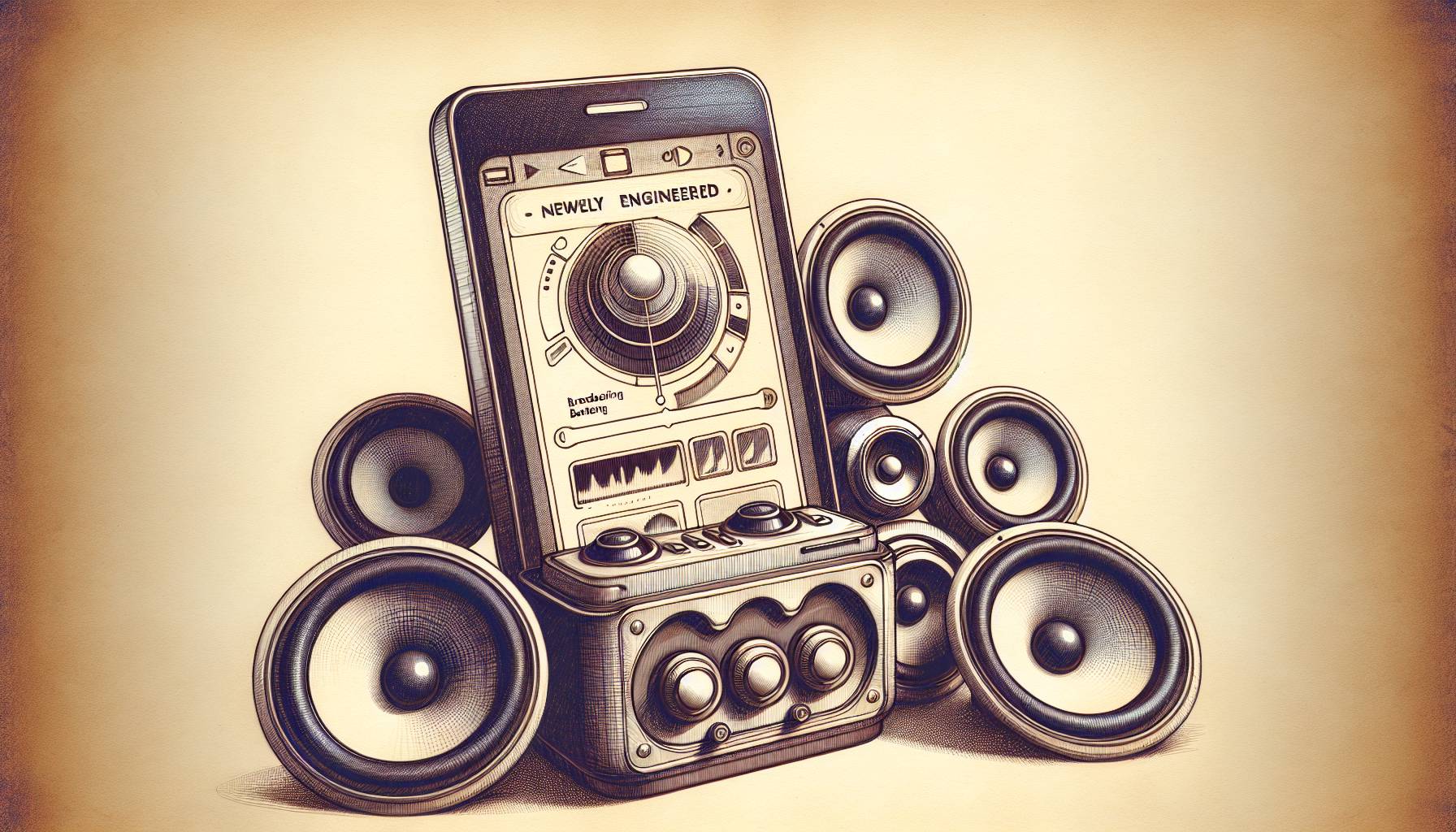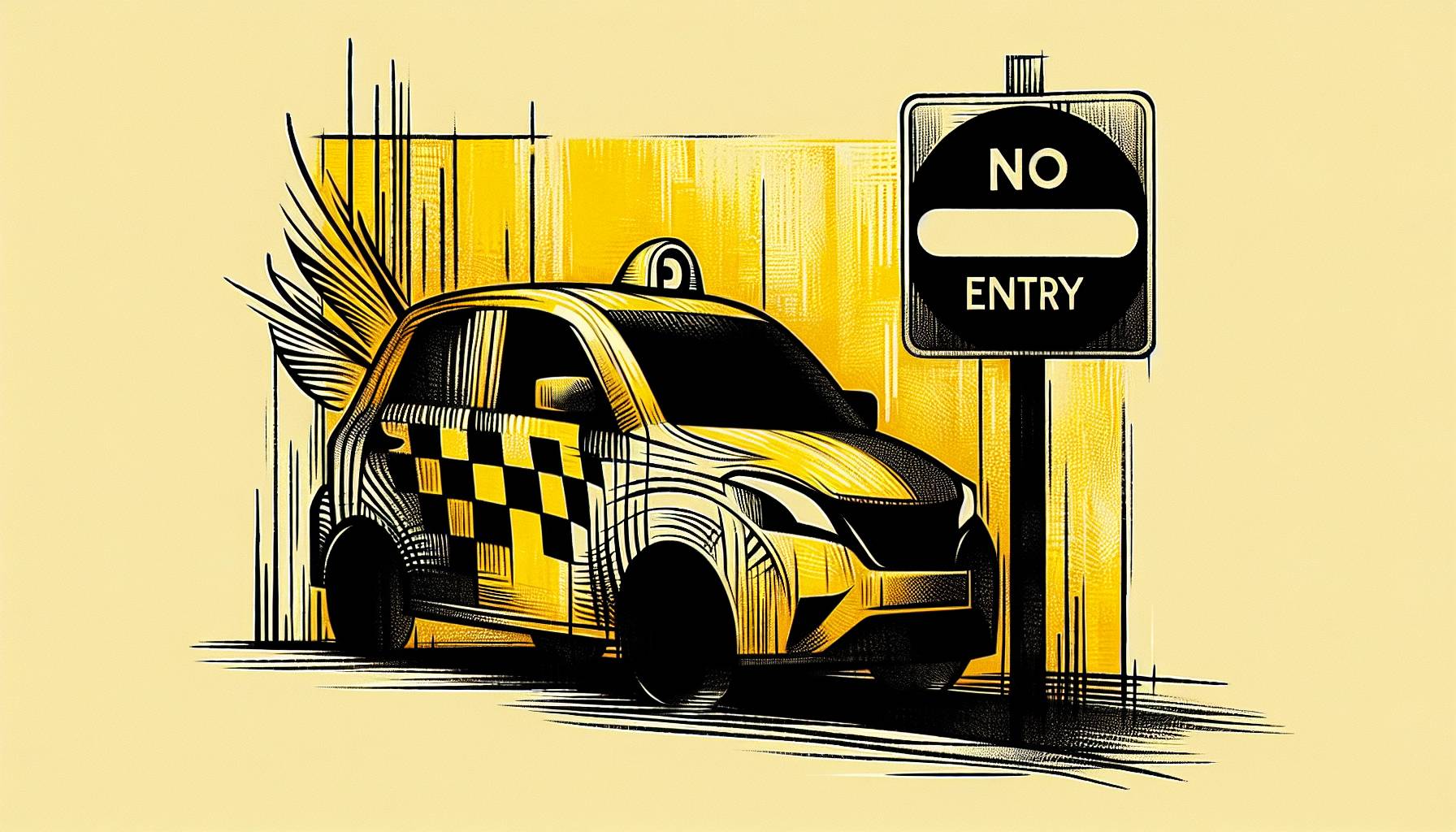A new tablet from Google (GOOG) and Verizon (VZ) could use a multi-touch screen from Israel’s secretive N-Trig. Also, Apple (APPL) may be tighten its iPhone controls and target users who jailbreak their phones.
Secret tablet technology
There is little doubt that 2010 has been the breakout year for Android phones, as the number of models available from U.S. wireless carriers and the apps to go with those phones have spread across the landscape at a blistering pace. Each week, it seems, there’s a new Android phone that grabs your attention, as well a bevy of useful Android apps to make the user experience even better.
But can a maker of Android phones translate that experience into tablet computers, much like Apple created the iPad using its mobile operating system? We will find out soon, as official announcements of Android tablets should start appearing with regularity after Labor Day. For this reviewer, one of the most exciting products looks to be coming from HTC (2498.TW), the company that produced the HTC Evo (Sprint) and HTC Incredible (Verizon). Those phones, particularly the Evo, were among the most eye-catching Android introductions this year.
Now, HTC appears to be working with an Israeli technology firm to deliver a touch-screen experience on a tablet that is expected to arrive at Verizon Wireless in November. The Israeli company is called N-Trig, and its “multitouch screen technology has led it to be called the iPhone of notebook computers,” according to Haaretz.com. However, a different report in Slashgear claims the tablet may run on the Google Chrome operating system, not Android, and it would go on sale on Nov. 26, or “black Friday.”
Interestingly, a principal backer of N-Trig is Microsoft (MSFT), who uses some of the company’s technology in Windows 7. The company has other investors as well, raising more than $74 million in financing since 1999, Haaretz reports, using data from Israel Venture Capital-Online. N-Trig is also working on a tablet project with Hewlett-Packard (HPQ) and has contracts with Dell (DELL), Lenovo and Toshiba (TOSBF.PK).
The product has been dubbed the ‘gPad’ — one presumes for Google pad, providing cover for either an Android or Chrome tablet — but it is so wrapped in secrecy, Haaretz claims, that even “most N-trig employees” have not seen the prototype. The story adds a nice touch of color to illustrate that the Israeli tech sector has deep ties to Silicon Valley: ” Let’s just hope, for their sake, that no one leaves it in a Ra’anana bar.”
Jailbreak woes coming?
Even though it is now OK to jailbreak your iPhone’s software without legal push back from Apple (except a voided warranty), that doesn’t mean the company is pleased if you unofficially alter its software. And it may start getting tougher on those who do.
Details of a patent application were released last week, and reported by CNET.com, that “describes measures to identify ‘particular activities that may indicate suspicious behavior,’ so that ‘safety measures’ can be taken to restrict the device’s functions. Those activities include the ‘hacking, jailbreaking, unlocking, or removal of a SIM card,” CNET reports, citing the patent application.
The intent of the patent appears to be wrapped as a security concern to protect devices if they are stolen or accessed by an unauthorized user. But, as CNET points out, “unauthorized users apparently applies to those who engage in jailbreaking.”
Jailbreaking, of course, refers to putting software on your iPhone that is not authorized by Apple. It is believed that more than 2 million iPhones run some form of jailbroken software. These phones can be unlocked to operate on other wireless carriers, such as T-Mobile, or simply allow people to access software Apple doesn’t offer at the App Store. One such jailbroken software store is called Cydia.
The real bad news here: If Apple’s patent is granted, and it runs the software, “sensitive information can be erased from the electronic device,” according to the application. In a nutshell: Apple will have the power to remotely wipe your phone.
Let’s hope that if Apple activates such a big-brotherly tool that it will be used for security, to protect an iPhone owner from theft. If it intends to use this tool to stop owners from jailbreaking, something the government said is OK, that would alienate millions of people already using an Apple product.












